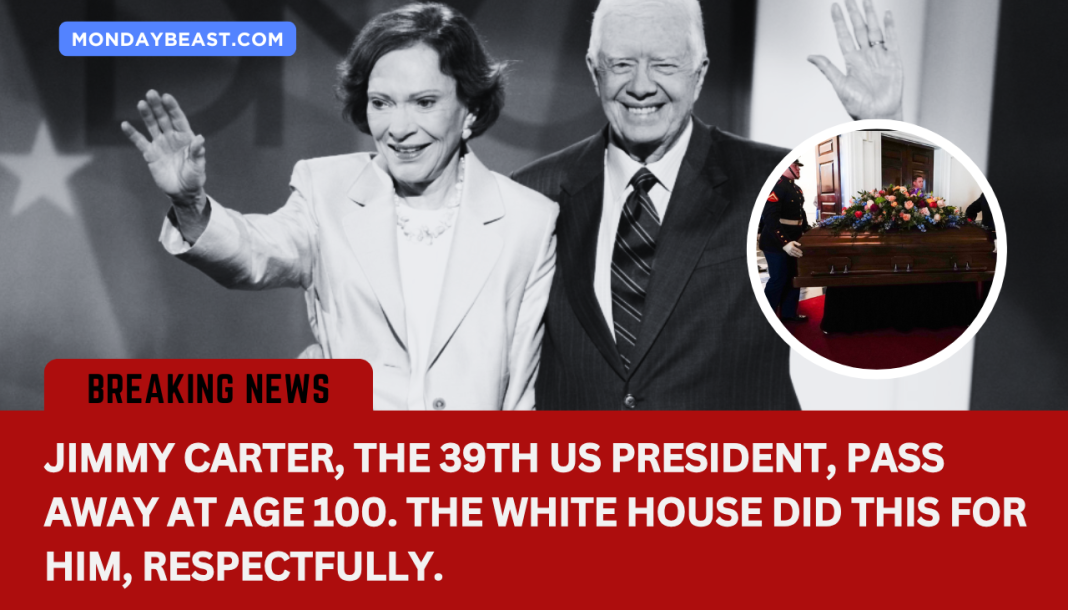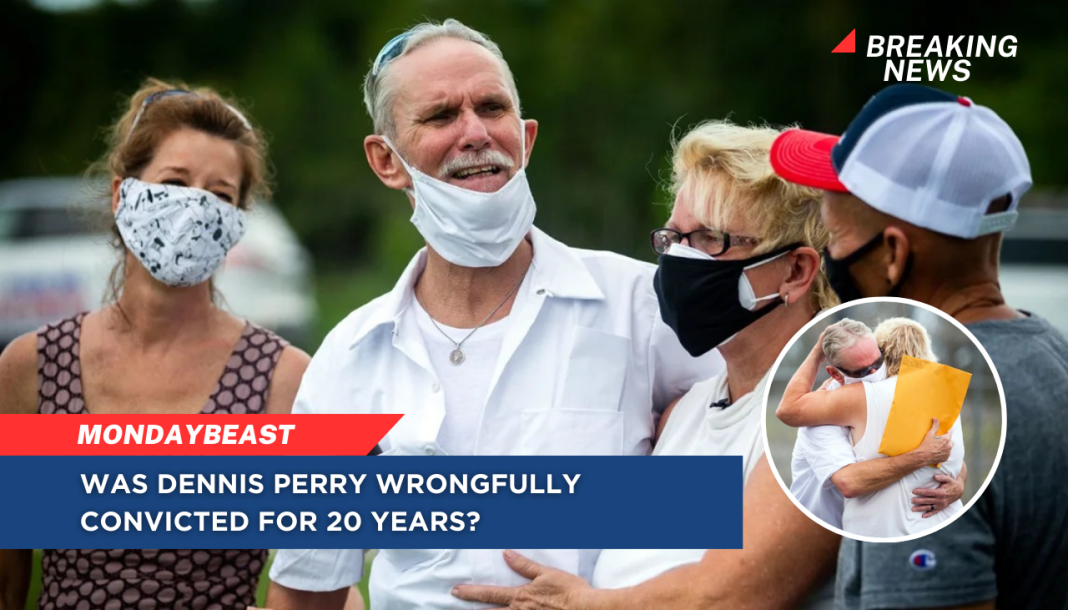The Life of Jimmy Carter
Jimmy Carter, the 39th president of the United States, leaves behind an impactful legacy. Born in Plains, Georgia, he was more than a politician; he was a peanut farmer and a Navy veteran. Known for his humble demeanor, Carter served as president from 1977 to 1981. His early life shaped his values. You could say he was the epitome of the American Dream: hard work and determination led him to the highest office.
In a time when partisan politics often overshadows genuine leadership, Carter stood apart. His roots in a small town shaped his approach. He always remembered where he came from. His commitment to human rights was unprecedented. Imagine a leader prioritizing ethics in governance. That’s what Carter did. His administration often felt closer to the average American than many might expect.
Champion of Human Rights
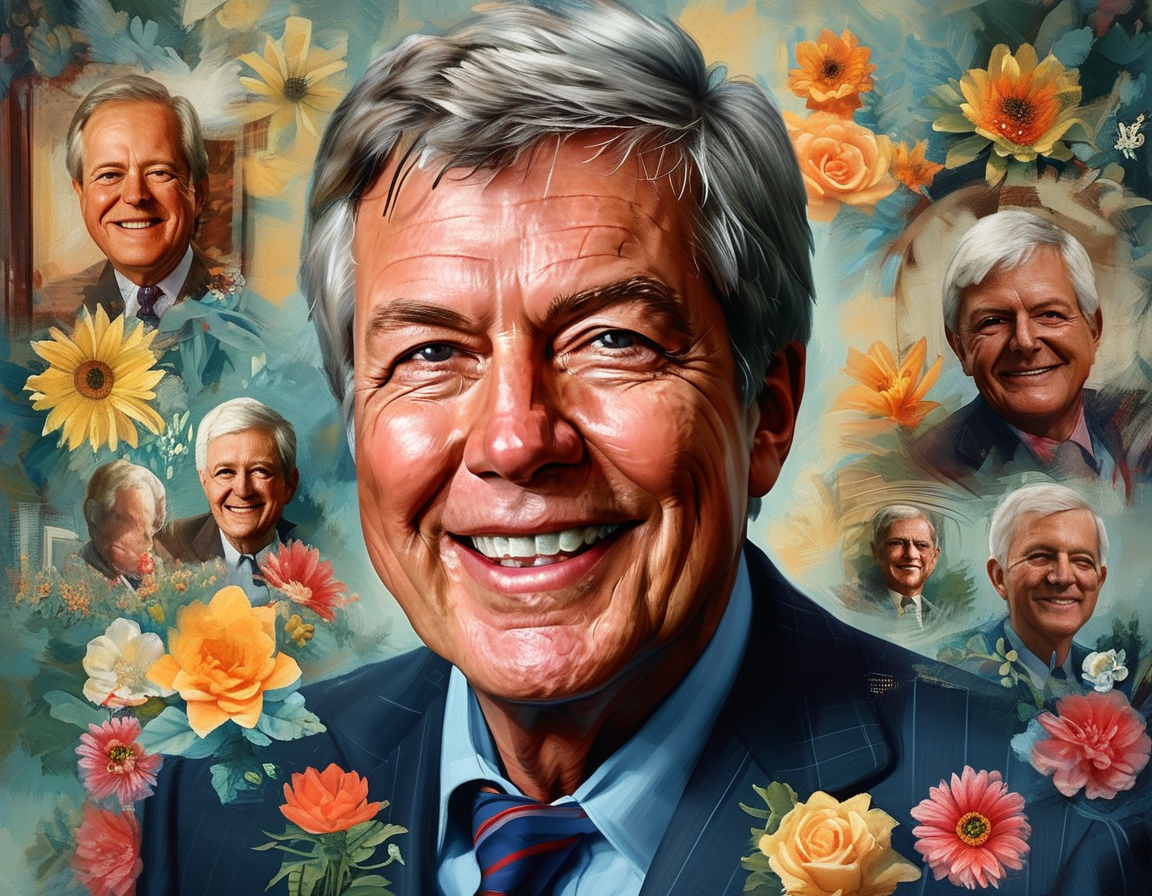
Carter believed that human rights should be the cornerstone of American foreign policy. His commitment was evident when he brokered peace between Egypt and Israel. This still-standing treaty demonstrated that conflicts could be resolved through dialogue. Can you think of a more significant achievement in diplomacy?
Though his presidency is often critiqued, this work stands tall among any accomplishments. Reflecting on this, one can’t help but feel a sense of pride. But one wonders whether current leaders are as committed to such ideals.
A Crisis of Confidence
The 1970s brought challenges. The Arab oil embargo created fuel shortages that shook the nation. College student Chuck McManis recalls those days vividly. He watched Carter’s nationally televised energy speech. The president spoke of a growing “crisis of confidence.” The long lines at gas stations became a symbol of discontent.
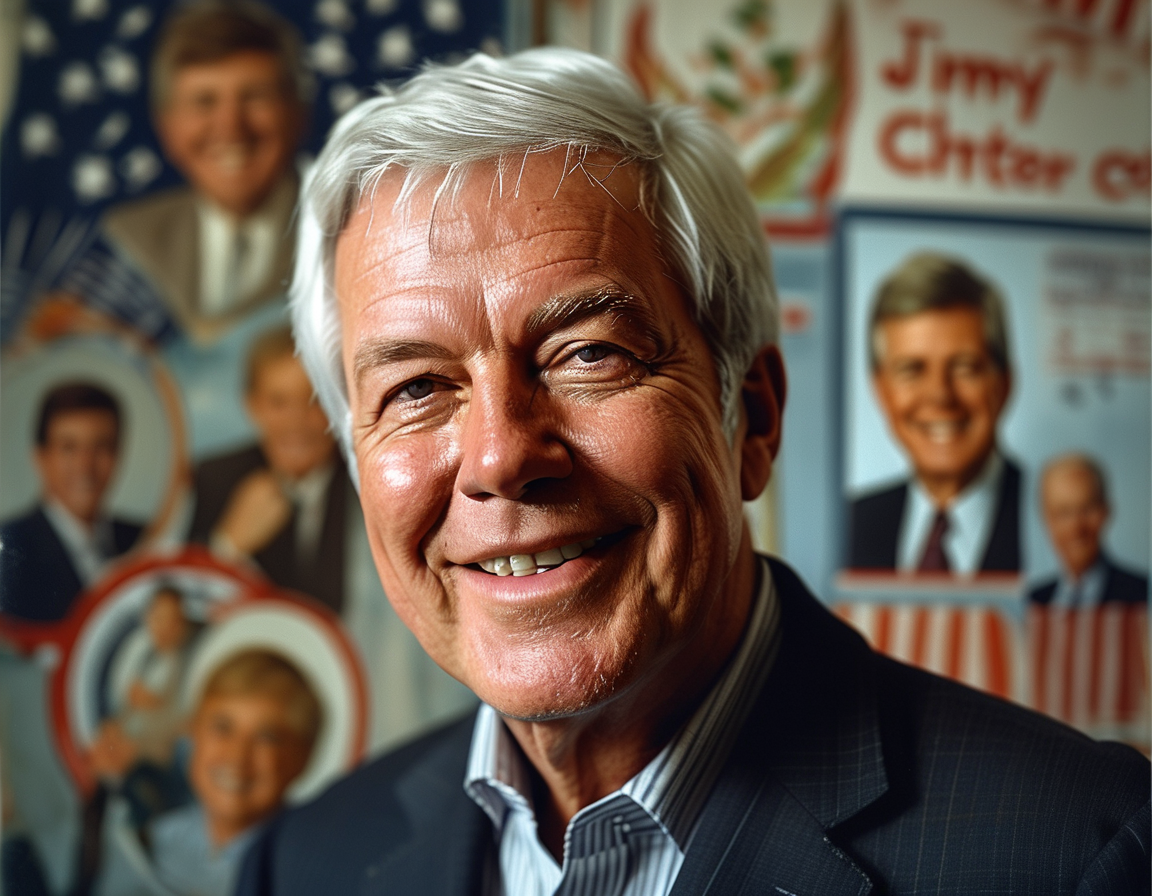
Carter’s honest approach, though criticized, resonated with many. It’s easy to critique a leader in hindsight, but imparting truthful, albeit uncomfortable realities takes courage. It was a time of uncertainty. Individuals were left questioning the American Dream as they waited for hours to fill their tanks.
Building a Global Legacy
Carter and his wife, Rosalynn, established The Carter Center shortly after his presidency. This humanitarian organization focused globally on public health and democracy. They monitored elections, showing a continued commitment to democratic values. It’s admirable to witness former leaders actively engaging in meaningful work.
For many, the Carters became figures of compassion and service. But does that kind of dedication resonate today? Wouldn’t it be great if more leaders took a lesson from their playbook?
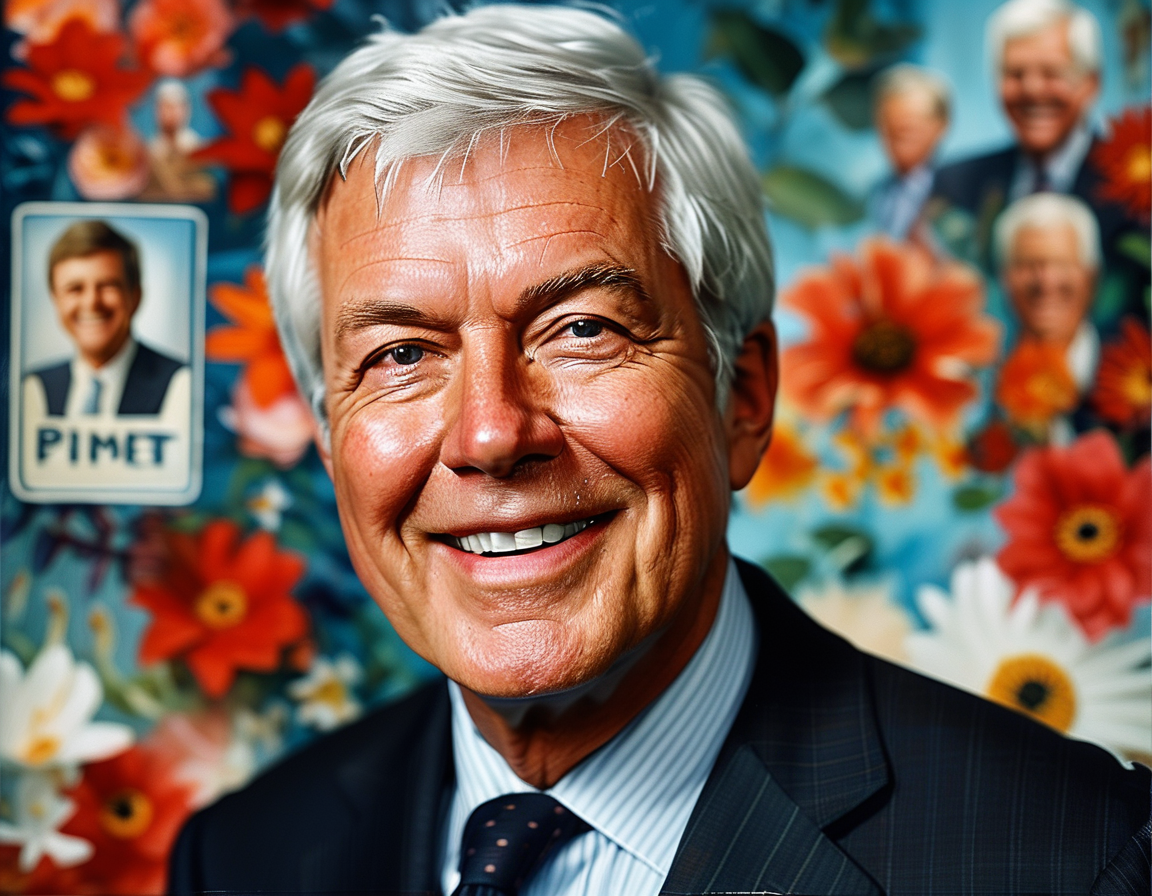
Godwin, a longtime friend of Carter, paints a personal portrait. He describes Carter as someone who ‘never forgot the people.’ This perspective adds depth to Carter’s political narrative. He wasn’t just a name on a ballot; he was a member of his community. Wouldn’t it be wonderful if more politicians remembered their roots?
Reflecting on a Legacy
As we look back, Carter’s presidency teaches valuable lessons. It reminds us of the importance of humility, integrity, and selfless service. The reflections we have today on his life evoke nostalgia. They prompt us to question what we seek from our leaders. Are we truly holding them accountable?
In an era of rapid change, his tenure stands out. The ongoing relevance of his policies serves as a reminder that leaders hold the power to foster peace and understanding. As the world continues to grapple with division, could Carter’s legacy guide us toward a better future?
In a heartfelt farewell, we remember Jimmy Carter—not only as a president but as a compassionate human being. His energy, insight, and dedication to humanity will be missed. Future generations would do well to study and honor his approach to leadership. In the end, wouldn’t it be fitting for us all to strive to emulate such qualities?

